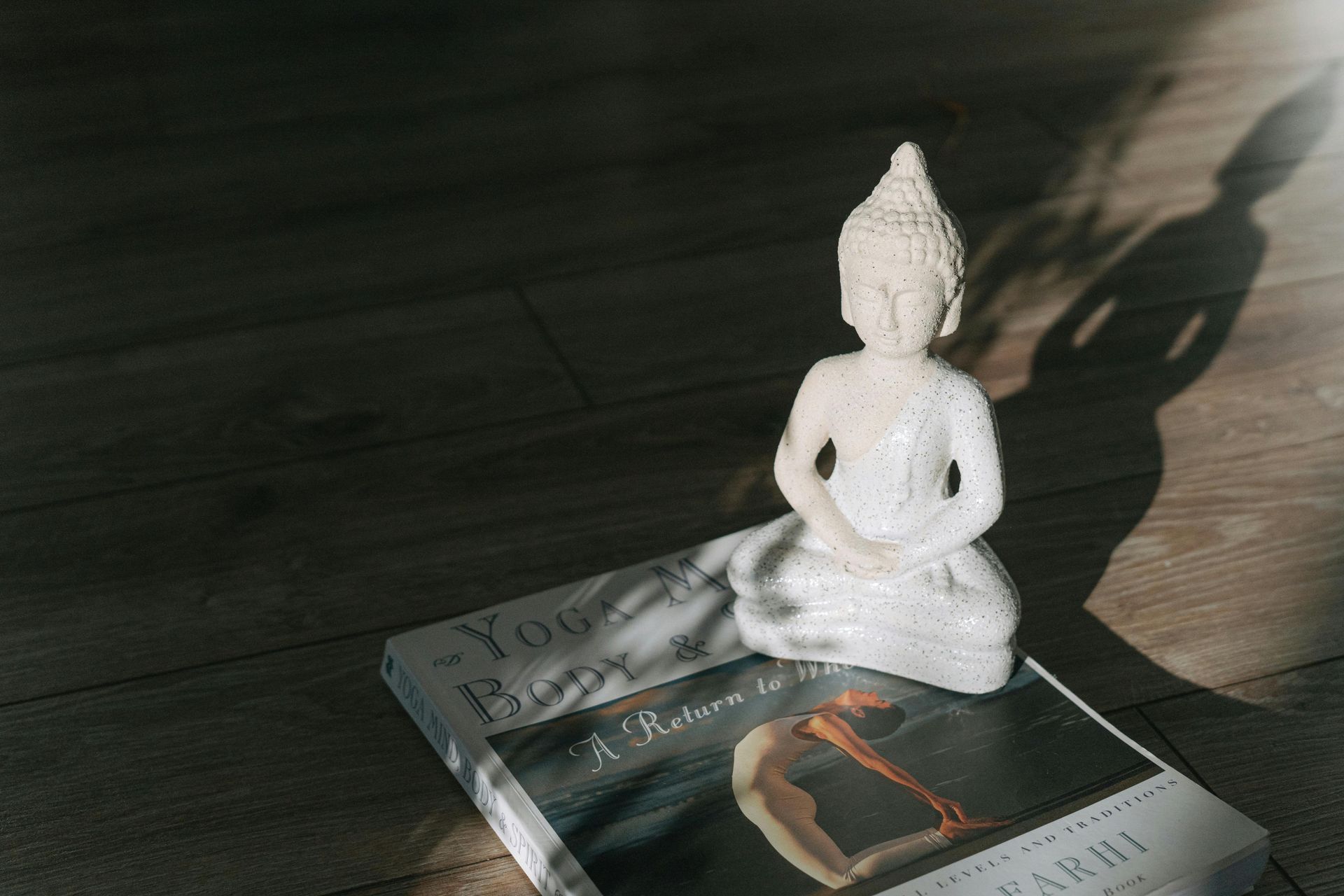The Power of Cultural Awareness: Why Learning History, Customs, and Language Matters
The Power of Cultural Awareness: Why Learning History, Customs, and Language Matters

In a different world, I would make it mandatory for every traveler to deeply study the history, culture, and language of a country before visiting. Imagine a world where we don’t just consume culture for our own benefit, but respect it, understand it, and honor it.
Yet, the reality we live in often prioritizes convenience over education. It’s baffling how little emphasis educational systems place on learning the contributions and histories of diverse cultures. The lens through which many of us were taught history has been narrow—often elevating one narrative while reducing others to footnotes.
The Problem with a Eurocentric Education
I remember being in school and realizing that European history was treated as the history—everything else was either secondary or, worse, nonexistent. From grade school through college, Europe was the main character, while other cultures were relegated to the background. And when non-European civilizations were mentioned, they were often framed as subordinates—people who were “discovered,” “conquered,” or “civilized” for their own supposed benefit.
This historical bias isn’t just about what is taught; it’s about what is not taught. So many cultures have made groundbreaking contributions to science, philosophy, medicine, architecture, and the arts, yet they are rarely given the credit they deserve. The lack of awareness doesn’t just erase history—it shapes how we see ourselves and others.
My Experience Living in Thailand
Moving to Thailand has been an eye-opening experience. Over the last twenty years, I’ve visited as a tourist, captivated by the warmth of the people, the depth of the culture, and the richness of the food. Each visit felt like a homecoming. And now, having made the decision to live here, I’m even more aware of how much there is to learn.
I don’t speak the language fluently yet, but I’m learning. Studying Thai history and customs has become a daily practice—one that has given me a deeper appreciation for the resilience, ingenuity, and traditions of the Thai people.
But what has stood out to me the most is how many foreigners come to Thailand with little to no interest in learning about its culture. Some treat the country as a playground, indulging in privileges and behaviors they wouldn’t dare exhibit in their home countries. Others expect Thailand to cater to their way of life, rather than making an effort to integrate into the local way of life.
This isn’t just a Thai issue—it happens everywhere. The lack of cultural awareness and respect is a global problem, deeply rooted in the way history is taught and valued.
Why Culture Matters for Self-Esteem and Growth
Culture is the foundation of identity. It shapes how we see ourselves, how we connect with others, and how we move through the world. When a person understands and values their own culture, they develop a stronger sense of self-worth. When they take the time to learn about other cultures, they develop empathy, respect, and a more expansive worldview.
Unfortunately, the lack of emphasis on cultural education fosters ignorance, entitlement, and division. If people truly studied the places they visited—understanding their histories, struggles, and triumphs—they would move with more humility and respect. They would see people not just as service providers or background characters in their vacation stories, but as human beings with deep-rooted traditions, knowledge, and experiences.
A Call to Action
I challenge everyone to make cultural education a priority—whether you’re traveling, working in global spaces, or simply engaging with people from different backgrounds.
🔹 Before visiting a new country, take the time to learn its history beyond what travel blogs tell you.
🔹 Learn the basics of the language, even if it’s just simple greetings.
🔹 Observe and respect local customs instead of expecting your own to be the norm.
🔹 Challenge the Eurocentric lens that shaped much of the history you were taught—there’s so much more to learn.
Education doesn’t stop in school. The more we make the effort to understand cultures outside of our own, the more connected and respectful our world will be.
Have you ever had a moment where learning about another culture changed your perspective? I’d love to hear your thoughts! Drop a comment below. ⬇️


